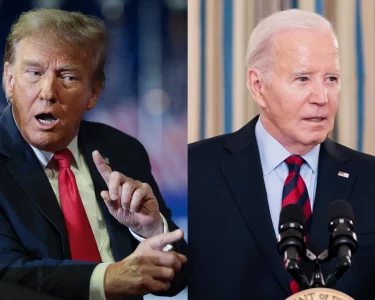The Voting Rights Act (VRA) of 1965 is considered one of the most significant pieces of civil rights legislation in American history. It was designed to ensure that all citizens, regardless of race, could exercise their right to vote without facing discrimination or obstacles. However, the future of the VRA is uncertain. In recent years, the act has come under attack, with several states passing laws that critics say make it more difficult for minorities to vote. This article will examine the challenges facing the VRA and the future of voting rights in America.
The VRA was enacted in response to widespread discrimination against African Americans in the South, including poll taxes, literacy tests, and other tactics designed to prevent them from voting. The act prohibited these practices and required states with a history of discrimination to obtain federal approval before changing their voting laws. This provision, known as “preclearance,” was critical in ensuring that discriminatory voting laws were not enacted.
In 2013, the Supreme Court struck down the preclearance provision in Shelby County v. Holder, ruling that it was no longer necessary. Chief Justice John Roberts argued that the act had succeeded in its mission and that the country had moved past the era of discrimination that had necessitated it. However, many civil rights advocates disagreed, arguing that the decision would open the door to new forms of voter suppression.
Since the Shelby decision, several states, mostly in the South, have passed laws that critics say make it harder for minorities to vote. These laws include strict voter ID requirements, limits on early voting, and restrictions on voter registration drives. Supporters of these laws argue that they are necessary to prevent voter fraud, but opponents say that they disproportionately affect minority voters.
The future of the VRA depends on whether Congress takes action to strengthen it. In 2019, the House of Representatives passed the Voting Rights Advancement Act, which would restore the preclearance requirement and expand its reach to cover states with a recent history of voting rights violations. However, the bill has not yet been taken up by the Senate.
Some experts argue that the VRA needs to be updated to address new forms of voter suppression, such as gerrymandering and purging of voter rolls. These practices can make it more difficult for minorities to elect candidates of their choice and to participate fully in the political process. Some advocates have also called for a constitutional amendment guaranteeing the right to vote.
The future of the VRA is also tied to the broader debate over voting rights in America. Some activists have called for universal voting rights, arguing that all citizens should be automatically registered to vote and that voting should be made easier and more convenient. Others have called for a national holiday on Election Day to encourage voter turnout.
The VRA has been critical in ensuring that all citizens have equal access to the ballot box. However, its future is uncertain. As the country continues to grapple with issues of voter suppression and disenfranchisement, it is clear that the fight for voting rights is far from over. The VRA will continue to play a critical role in this fight, but it will need to be updated and strengthened to meet the challenges of the 21st century.




